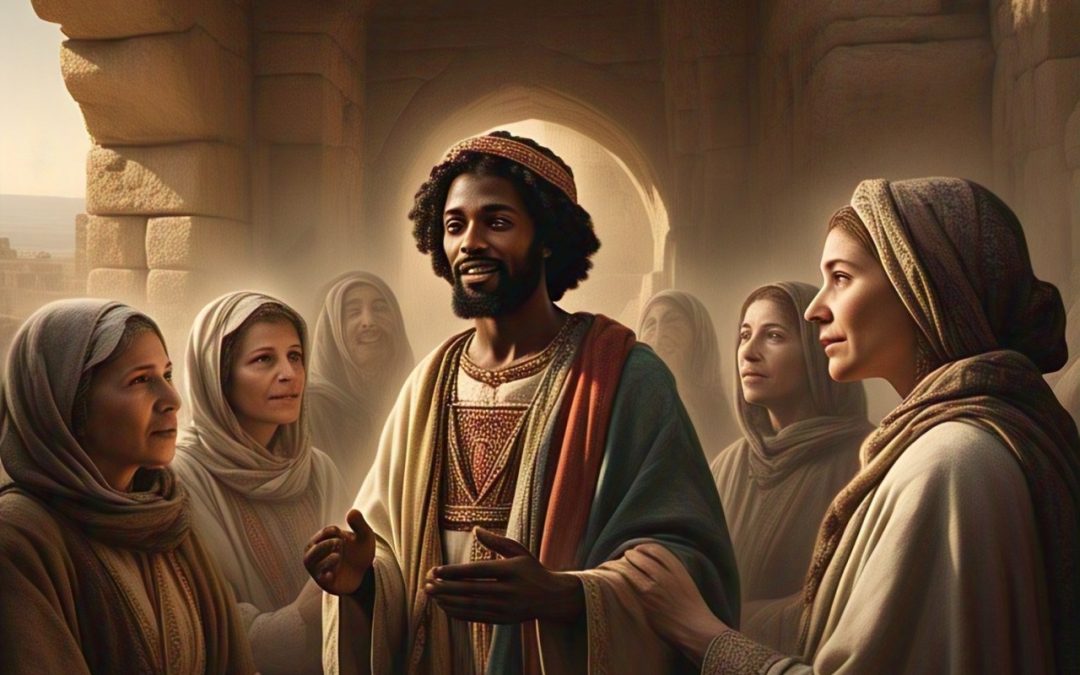Historical evidence suggests Christianity’s foundational claim —”He is risen!”—emerged remarkably early in the church’s existence. Within mere years of Jesus’ crucifixion, the resurrection had already become the central tenet of Christian faith and the primary explanation for the movement’s explosive growth.
In Paul’s first letter to the Corinthians, written around 20 years after Jesus’ death, he references a creedal formula that he himself had “received” and then “passed on” to the Corinthian believers (1 Corinthians 15:3-5). Scholars widely recognize this passage as pre-Pauline, reflecting a formulation that circulated among the earliest Christians. Its structured language and non-Pauline vocabulary suggest it originated within the first few years following Jesus’ death.
This early testimony is striking not only for its chronological proximity to the events it describes but also for its content. The resurrection is presented not as a later theological development or metaphorical construct, but as a concrete historical claim with named witnesses. These witnesses included both individuals (Peter, James) and groups (“the Twelve,” “more than five hundred”), many of whom were still alive when Paul wrote.
Women’s testimony also features prominently in the Gospel accounts, a detail unlikely to be invented in a patriarchal society where female testimony carried less weight. This “criterion of embarrassment” suggests these narratives preserved authentic early traditions rather than later idealizations.
The resurrection announcement transformed a group of demoralized followers into bold proclaimers willing to face persecution and death. What explains this radical shift if not their genuine conviction that they had encountered the risen Christ? Alternative explanations—mass hallucination, deliberate fabrication, metaphorical interpretation—struggle to account for the historical data surrounding Christianity’s explosive emergence.
What makes this early testimony particularly significant is that it emerged in a Jewish context where resurrection was understood as bodily and within history, not merely spiritual or metaphorical. The first Christians were not proclaiming a comforting philosophy but testifying to what they believed was an unprecedented divine intervention that changed everything.
Prayer
Faithful God of History,
We thank You that the resurrection proclamation is no late invention but the very heartbeat of faith from its beginning. When Your Son rose from the tomb, the testimony spread quickly among those who had walked with him, spoken with him, and touched his wounds.
We are humbled to stand in this ancient stream of witness, echoing words first spoken by women at an empty tomb and by apostles in Jerusalem’s streets. Their courage to proclaim what they had seen, despite persecution and doubt, has brought the good news of resurrection to us across centuries and continents.
Forgive us when we treat Easter as merely symbolic or reduce it to springtime sentiments. The earliest believers staked their lives on this reality that You had defeated death in Jesus Christ and inaugurated a new creation.
Grant us the same conviction that transformed frightened disciples into bold witnesses. May we, like those first believers, find our courage, purpose, and hope in the risen Christ. Help us to proclaim with our lips and demonstrate with our lives that the One who was crucified now lives and reigns forever.
In all our doubts and questions, remind us that our faith is anchored not in clever myths or comforting philosophies, but in testimony preserved from those who saw, touched, and encountered the risen Lord.
Through Jesus Christ, whose resurrection has been faithfully proclaimed from generation to generation, we pray.
Amen.


Recent Comments